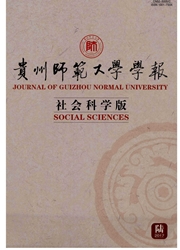

 中文摘要:
中文摘要:
当前,我国社会保障基本公共服务在覆盖面、覆盖量、保障水平等方面均存在较大的城乡差距.将财政支出、城镇化、居民收入水平等因素纳入统一框架进行实证分析发现,社会保障水平的提高和均等化离不开财政支出的支撑,单纯地提高人均社会保障经费并不能缩小社会保障城乡之间的差距,城镇化和农村居民收入水平的提高则有利于改善社会保障的城乡差距。在实证分析的基础上,本文探讨了促进城乡社会保障基本公共服务均等化的路径选择。
 英文摘要:
英文摘要:
In the context of the government demands for the equalization of public services, this paper fully reflects urban and rural gap of social security by analyzing the coverage for residents, coverage amount, and the protection level of social security. It is an empirical analysis by taking expenditure, urbanization, residents'income levels, and urban and rural differences into a unified framework. It concludes that the level of social security and equalization cannot be raised without the expenditure~ support. Simply increasing the per capita funding can not reduce the urban and rural gap of social security. The raise of urbanization and the rural residents'income levels will help to improve the equalization of social security. Finally, this paper gives the advices how to promote the urban and rural equalization of social security based on analysis.
 同期刊论文项目
同期刊论文项目
 同项目期刊论文
同项目期刊论文
 期刊信息
期刊信息
